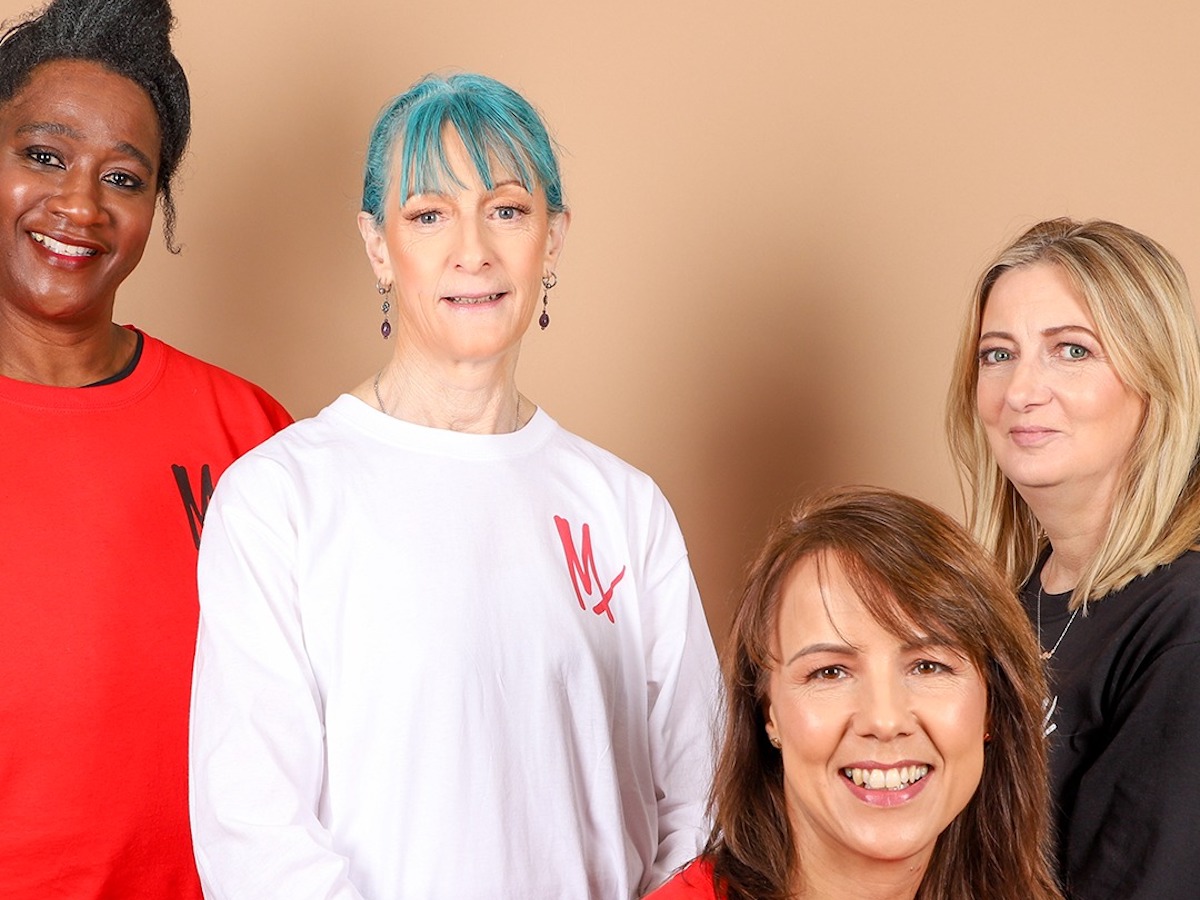
How we can influence the conversation around ageing
May 13, 2022The way ageing is portrayed is problematic in our culture. That’s not anything new, but as products and aesthetics treatments become more sophisticated, it is raising different issues. As therapists specialising in any area of beauty and wellbeing, we have the capacity to influence the conversation around ageing, making it healthier and more supportive for our clients.
Before we get further into this topic, it’s important to point out two things:
- It’s completely normal, natural and ok for us to want to look our best
- We are big fans of all things beauty, whether it’s natural creams or aesthetics treatments
The important thing for clients is that they are safe, informed and that the products and treatments they receive come from qualified practitioners and well regulated industries. Dare we say it, we also think that at its heart, all the different aspects of self-care should also be about joy and feeling good.
The negative way ageing is portrayed
It’s long been a cultural trope, at least in Western culture, that ageing is something negative. It seems that since the dawn of time, getting older, especially if you’re a woman, is something to be feared and held off at all costs. As Koshin Paley Ellison, Buddhist monk and co-founder of the New York Zen Center for Contemplative Care, told the Huffington Post:
"There's so much shame in our culture around ageing […] People themselves when they're ageing feel that there's something wrong with them and they're losing value."
That’s pretty unfortunate as with the best will in the world, time is one thing none of us can prevent from marching on. To denigrate getting older is also to undervalue the gift of life - one that not everyone gets and that none of us can predict the length of.
It’s not the same in all cultures however, from Greece to India to Korea, there’s a reverence for ageing (traditionally at least). Chinese philosopher, Confucius is particularly well known for seeing ageing as the height of our personal development. More than 2500 years ago, he said:
“At seventy, I follow my heart’s desires without transgressing any moral principles.”
Or, as one of our menopause models put it:
“I’m better at expressing myself now and I don’t care as much what other people think. I think it’s a maturity of your own person - you become more able to speak your truth.”

The damage caused by negative messaging
While few of us delight in the appearance of more lines and wrinkles (congratulations if you do), we have grown tired of the negative conversation around ageing, finding it damaging, unhelpful and undermining. It’s a narrative that we found especially prevalent towards women when they reach menopause (on our journey to launch our new MPlus brand as well as our therapist training to support hormonal balance), and one that is wholly undeserved.
For women (and men) as they get older, what might be altered from the first flush of youth is replaced with the depth, strength and understanding that comes from a lifetime of experiences - that’s something to celebrate. In our work with menopause and hormonal balance, we found it so insulting that the portrayal of women as they age was so piteous and victimising that we decided to use our own imagery to show what women over 40 really look like. They’re powerful, they’re funny, they’re attractive, they’re interesting. Why would anyone portray them otherwise?
It’s not just older women that are affected by a negative conversation around ageing either. For example, Refinery has done a series of articles called Changing Faces, in which they look at everything from selfie culture to how young women really feel about ageing. In one article, they talked about how young women are so anxious about ageing that they’re getting into credit card debt to stave it off. One women, Shelley (age 27), said she took out a credit card for emergencies and to build her credit score, but soon "began to use her credit card because she felt it was ‘an emergency’ when her ‘forehead was starting to get movement back’ and she had other expenses to account for.”
Regulation in the beauty and aesthetics industry
What this negative messaging feeds is a desperation to ‘fix’ the ageing issue. That’s where it goes from being insulting and upsetting to undermining or even dangerous. One of the ways that’s problematic is in the lack of industry regulation.
A lack of regulation is a big challenge from an industry perspective, especially when it comes to non-invasive cosmetic procedures. You may recall our interview with Ron Myers, business development consultant at The Consulting Room, the largest specialist aesthetic information website in the UK. He said:
“There are a number of issues surrounding regulation and there are instances where there should be a medic involved in my opinion."
Some of these regulatory issues are changing, as you will probably be aware. This year, the UK government introduced a ban on Botox and lip fillers for cosmetic purposes for under-18s in England, and in March they announced plans for new licensing for non-surgical cosmetic procedures including Botox and fillers.
How therapists can make ageing a positive conversation
Even so, all of this makes the role of therapists (which is so often undervalued), even more important when it comes to supporting clients and the way they feel about themselves at the different stages of life.
Whether it’s a younger client coming to us feeling insecure or anxious about their appearance; someone feeling anxious about scars from cancer treatment; or a woman trying to navigate the personal challenges and societal narrative around menopause and hormonal changes. As therapists we have it within our gift to offer the kind of nurturing support that helps people to feel good - the key, as always, is being informed.
With the launch of our new coaching and touch treatment courses in hormonal balance, we aim to help you support your clients meaningfully as they navigate life’s changes including menopause. This is an extension of our work and qualifications supporting clients through cancer and cancer treatment using touch therapies and dedicated product lines. Find out more about our new and best-selling courses to make a difference to your clients.
EXPLORE JENNIFER YOUNG TRAINING

